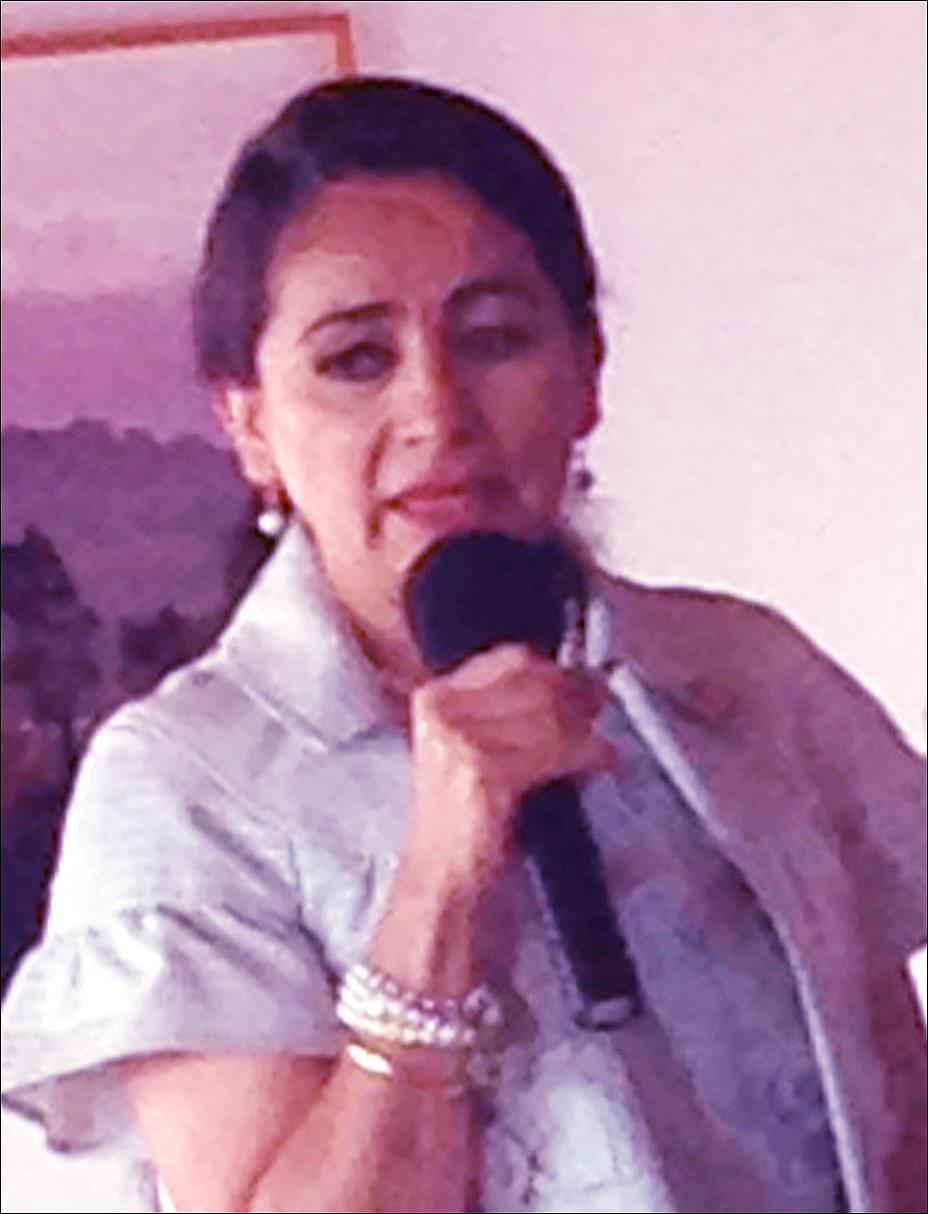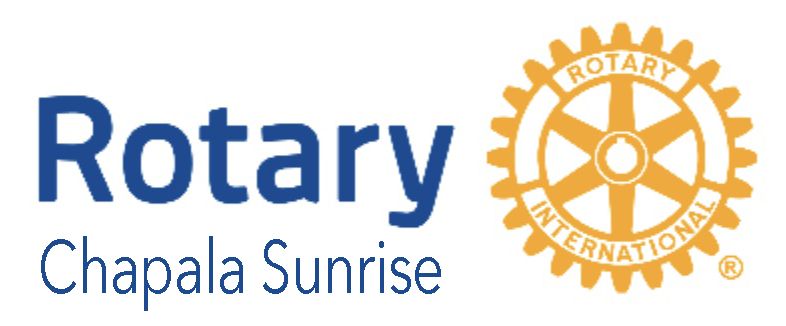Tlaquepaque Rotary Leaders Speak at November 3 CSRC Meeting
Posted on Nov 08, 2016

Sonia Rivas
Our speaker for Nov.3 was Sonia Rivas of the Tlaquepaque Empresal Rotary Club. She’s the Chair of the New Generations, Rotaract and Interact groups for District 4140 and works to support and encourage clubs to build Rotaract/Interact groups across the District, including the one at the Octavio Paz School here. The Interact clubs are for ages 12 to 18 and Rotaract are for those 18 to 30. In many ways, the Interact and Rotaract clubs are the future of Rotary. She asked that our Interact club prepare a short video of their activities and send it to Rotary International where they could get Presidential recognition.
She noted that Rotary International has a seat at the United Nations and that Nov. 12 is the weekend when 12,000 people from Rotary around the world will be visiting the United Nations. She discussed the student exchange program which was started in 1964 and was primarily exchanging between states. Now it extends worldwide, and many exchange students have been sponsored. Sixteen countries accept students from Mexico. Exchange students sponsorships are an important program in Rotary.
Our second speaker was Vicente Paredes Almenza, from the San Pedro de Tlaquepaque Rotary Club. He’s leading the Global Grant “Limpiendo Rios del Mundo” (Cleaning the Rivers of the World), a program started three years ago to clean up rivers. 25 million people have medical problems due to dirty water from lakes and rivers. Locally, they’re working on the Almeca River which flows through 44 municipalities in the region.
They’ve accomplished a lot without any funding from their Rotary Club. An example he mentioned was the farmer with 12,000 cattle who grazed near the river, each producing ten kilos of manure which drained into the river every day. He now keeps the cattle 4-5 miles from the river, greatly improving the water quality there. In another case a sugar cane mill was allowing the waste water from the facility to go directly into the river. Now they have a water treatment plant and have reduced that pollution by half.
It’s important to involve the state and local governments and Universities to get involved wherever possible. Plastic-based trash causes much of the pollution. We must work with citizens to stop the dumping of plastics. An education program in the primary schools to teach about conservation is an important element.
